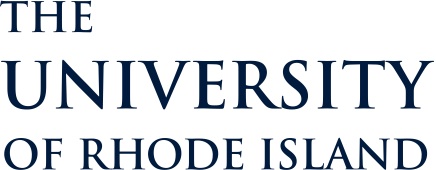Newswise — Whether it's allegations that Lance Armstrong tested positive for a banned blood booster during the 1999 Tour de France or Baltimore Orioles slugger Rafael Palmeiro being suspended for steroid use, drug abuse in sports continues to play prominently in media across the globe.
Such headlines and others are sure to be part of the Tuesday, Sept. 27 University of Rhode Island Honors Colloquium lecture, "Performance Enhancing Drugs" by Richard Pound, a member of the International Olympic Committee, and chairman of the World Anti-Doping Agency.
Presented by the URI Honors Program, it will be held at 7 p.m. in the Barry Marks Auditorium, Room 271 of the Chafee Social Science Center. Free and open to the public, the lecture is part of the series "Contemporary Sport: Healthy Pursuit or Obsession."
"The Olympic Charter speaks of the promotion of 'friendship, solidarity, and fair play,'" Pound says in his chairman's message on the World Anti-Doping Agency website. "The World Anti-Doping Agency (WADA) is an independent foundation built upon these important values. It is one of the most recent and impressive examples of collaboration in international sport."
Named by Time magazine as one of the 100 most influential people in the world, Pound said the level of solidarity constitutes today the greatest hope for eradicating the improper use of drugs in sport. Last year was crucial, not just for the agency, but also for the entire fight against doping in sport, as the World Anti-Doping Code was implemented by sports organizations prior to the Olympic Games in Athens, Greece.
"The key to continued success in the fight against doping is for the collaboration between the sports movement and the public authorities to continue in force," Pound says on the agency website. "With each playing an active and critical role, and each pledging its complete support to the Code, we are much closer to achieving our goal."
As a swimmer representing Canada in the 1960 Rome Olympics, he won a gold and two silver medals. He is considered to be the finest Canadian swimmer of that period.
A lawyer and chartered accountant he is chancellor of McGill University, Canada's leading research-intensive university.
Pound is perhaps best known for his work within the world of the Olympics. Initially the secretary of the Canadian Olympic Association from 1968-1976, he was later elected president (1977-1982). In 1972, he was the deputy chef de Mission of the Canadian Olympic delegation in Munich.
